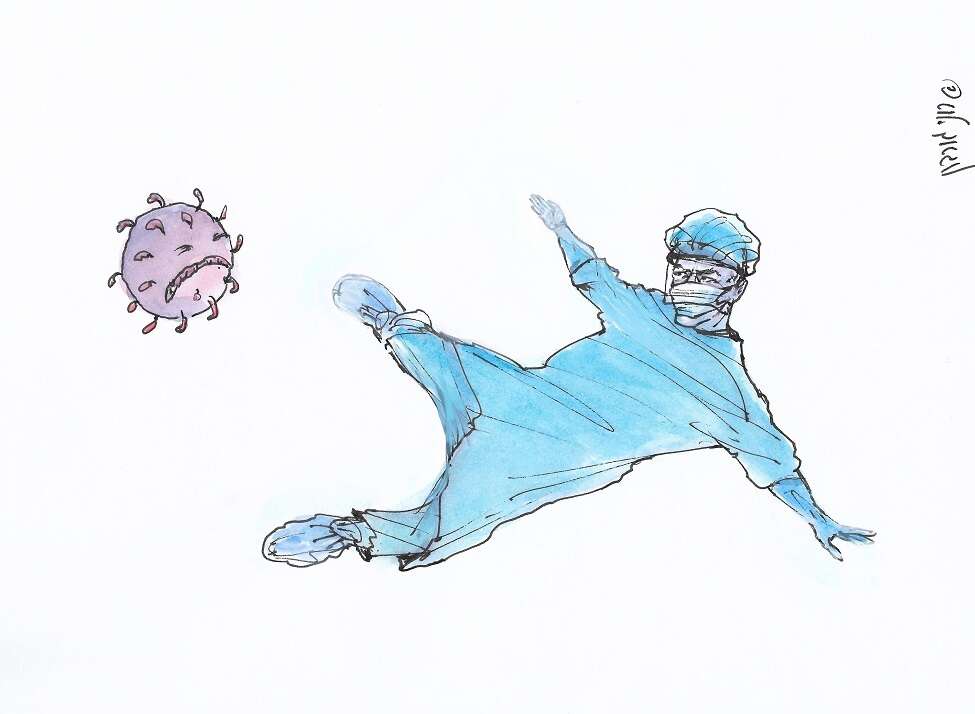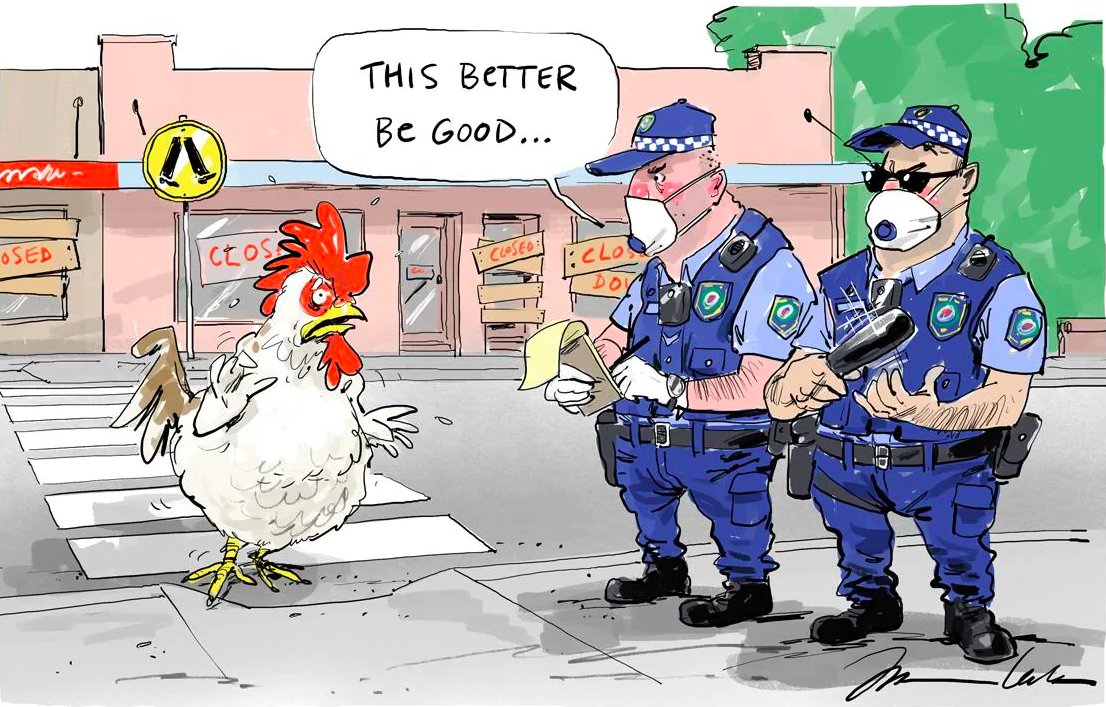Israel’s death toll rises to 60 as coronavirus cases top 9,000
The death toll in Israel from the coronavirus pandemic climbed to 60 on Tuesday, with over 9,000 infections recorded by the Health Ministry.Netanyahu announces Passover closure and curfew, but says exit may be in sight
Among the three new victims since Monday night was an 80-year-old man who died in central Israel on Tuesday. The man, who had unspecified underlying illnesses, had been hospitalized at the Rabin Medical Center in Petah Tikva. He had been sedated and on a ventilator for several weeks prior to his death, the hospital said.
On Tuesday, the Ichilov Medical Center in Tel Aviv said a 95-year-old woman with preexisting health issues succumbed to the virus.
The third fatality, who died late Monday, was not immediately identified.
According to the ministry, 9,006 people were sick with the virus as of Tuesday morning, 153 of them seriously. Of the serious cases, 113 were on ventilators. Another 181 people were in moderate condition, with the remaining patients showing mild symptoms. The updated figures marked a rise of 102 cases since the previous evening.
The death Tuesday came after eight fatalities from the virus were reported a day earlier and as officials say they scrambling to secure more medical equipment amid a furious global battle over ventilators, masks, test kits and other essentials in the fight against the virus.
Health Ministry Director General Moshe Bar Siman-Tov said Tuesday that Israel had secured enough ventilators to bring the country’s count of the machines up to 3,000.
Prime Minister Benjamin Netanyahu on Monday announced that Israelis would be barred from leaving their homes during the first night of Passover, as part of a general lockdown throughout the country over the holiday.Israel PM Netanyahu Announces Nationwide Lockdown During Passover Holiday
He also said restrictions meant to contain the coronavirus may begin to be rolled back after the holiday, but that the next few days were “fateful” to tackling the outbreak.
Beginning at 4 p.m. Tuesday, Israelis will not be able to leave the communities where they live until Friday at 7 a.m., Netanyahu said, while residents of some Jerusalem neighborhoods will be not be allowed to travel beyond restricted areas.
However, later Monday, Hebrew media, citing a draft of the measures that still need to be approved by the cabinet, said the lockdown would only end on Saturday evening at 7 p.m.
On Passover itself, which begins Wednesday evening, the prime minister said all Israelis must remain at their homes from 6 p.m. until 7 a.m. Thursday morning.
“We’re in a fateful week. A fateful week for the world and for Israel,” Netanyahu said in a televised statement from his official residence in Jerusalem.
Netanyahu said there were some “positive signs on the horizon,” but called on Israelis not become “complacent” and not to ease up on social distancing measures.
“Pesach won’t be Purim,” he declared, referring to the holiday festivities in early March that health officials believe contributed to the spread of the virus.
Due to the restrictive measures taken by the Israeli authorities "we see positive signs on the horizon", Israel's caretaker Prime Minister Benjamin Netanyahu said Monday as he announced new anti-coronavirus restrictions ahead of the Passover holiday in Israel, with inter-city travels for non-essential reasons banned.
The full lockdown is to come into force Tuesday 4 pm local time -- 10 am EST -- and will end Friday morning.
Wednesday evening will also see what is apparently a full curfew for Israel, with Israelis urged to stay at home, except for the Arab communities that do not celebrate Passover.
Announcing the move, Netanyahu stressed that the week to come will determine whether the situation in the country deteriorates or takes a turn for the better and said that the upcoming Passover will not be like the holiday of Purim, which saw an uptick in transmissions.
Israel Makes Wearing Masks in Public Compulsory to Stem Coronavirus Spread
The Israeli government issued orders on Tuesday making the wearing of masks in public compulsory to try to stem the spread of the coronavirus.
It also approved a timeline for tightened travel restrictions for the Passover holiday, which begins on Wednesday when Jewish families gather for a festive meal commemorating the Biblical exodus from slavery in Egypt.
Prime Minister Benjamin Netanyahu has said that this year the dinner should be a small affair, limited to household members, in a bid to keep infection rates in check.
Netanyahu last week urged Israelis to wear masks while in public, a measure the government said would become compulsory as of Sunday. Children under the age of six, the mentally disabled or those alone in vehicles or workplaces are exempted. The government said masks could be homemade.
From Tuesday evening until Friday morning, a ban on unnecessary out-of-town travel will be in place, effectively preventing large gatherings for Passover.
From 3 p.m. on Wednesday, a few hours before the meal gets underway, until 7 a.m. on Thursday, food shopping within towns will also be forbidden, in a tightened lockdown. Israelis are already banned from moving more than 100 metres from home except for visits to grocery stores and pharmacies, and travel to work.
Announcing an exemption in the Passover restrictions, a government statement said the holiday shopping ban would not apply to “non-Jewish minorities.” Around a fifth of Israeli citizens are Arabs, mostly Muslims, Druze and Christians.
Public transportation, including flights in and out of Israel, will be suspended from 8 p.m. (1700 GMT) on Tuesday until 8 a.m. (0500 GMT) on Sunday, the statement said.




































.jpg)


